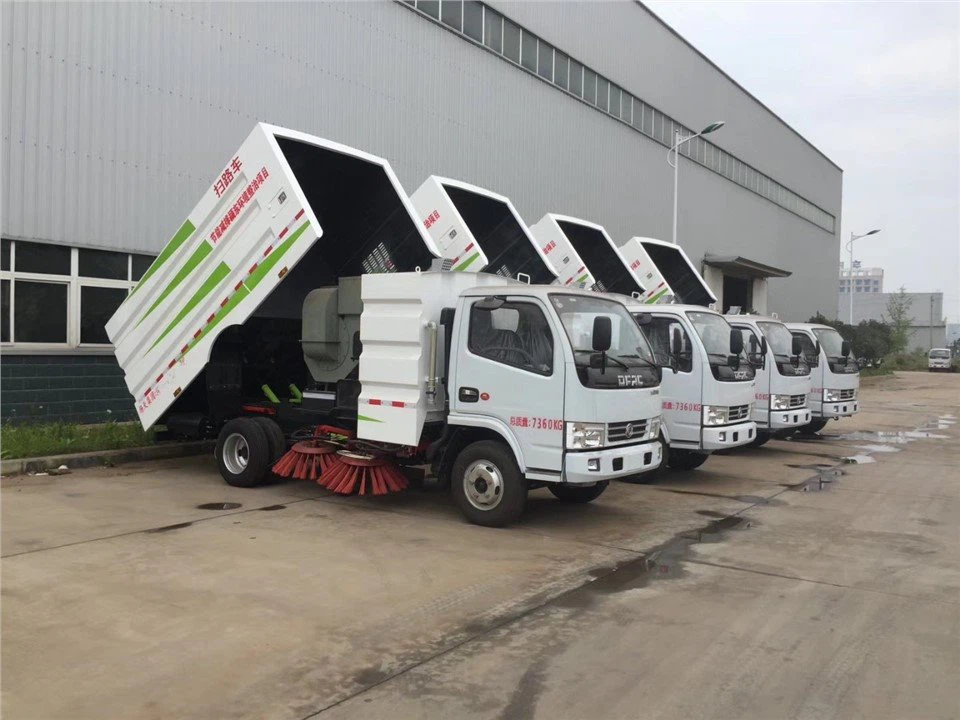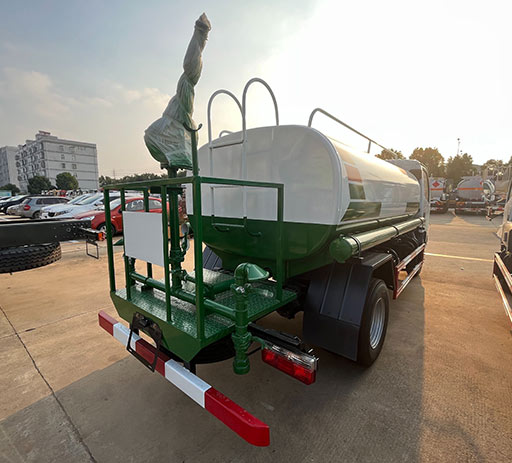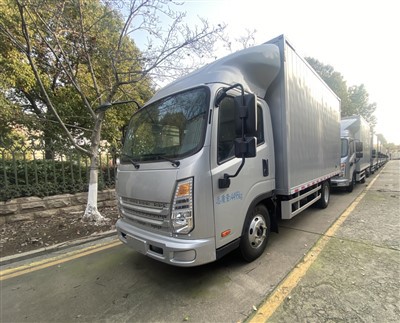Everything You Need to Know About Street Sweeper Trucks

Street sweeper trucks are an essential part of urban maintenance, keeping our streets clean and safe. In this article, we will explore everything from their types, functions, and components to their environmental impact and future developments. Whether you are a municipality, a contractor, or just a curious reader, this comprehensive guide is designed to provide you with a wealth of information on street sweeper trucks.
What is a Street Sweeper Truck?
A street sweeper truck is a specialized vehicle designed to clean streets and parking lots by removing debris, dirt, and litter. They are equipped with a variety of components, such as brushes and vacuums, to perform their cleaning tasks effectively. The primary purpose of these trucks is to enhance urban aesthetics, improve public safety, and maintain environmental standards.
The Evolution of Street Sweeper Trucks
History of Street Sweeper Trucks
The first street sweeping machines were developed in the late 19th century. These early models were horse-drawn and manually operated. With advances in technology, the 20th century introduced motorized versions, leading to the powerful and efficient street sweeper trucks we see today.
Technological Advancements
Recent innovations in street sweeper designs include vacuum technology, GPS tracking, and eco-friendly models. These advancements have improved efficiency, reduced emissions, and made the operation of street sweepers more user-friendly.
Types of Street Sweeper Trucks
Mechanical Broom Sweepers
Mechanical broom sweepers are equipped with rotating brushes that sweep debris into a collection hopper. These trucks are ideal for cleaning hard surfaces and are often used in urban areas.
Vacuum Sweepers
Vacuum sweepers use powerful suction to remove debris and dust. They are particularly effective for fine particles and are commonly used in residential areas and near construction sites.
Regenerative Air Sweepers
Regenerative air sweepers combine the benefits of both mechanical and vacuum sweepers. They use a combination of air and brushes to clean surfaces without damaging them. This makes them suitable for delicate surfaces, including brick and concrete.
Main Components of a Street Sweeper Truck
Chassis
The chassis serves as the base of the street sweeper truck and is responsible for supporting the weight of the vehicle and its components. Most street sweeper trucks resemble standard dump trucks in design.
Brush System
The brush system is essential for sweeping debris. There are typically one or more main brushes at the front and side brushes for closer cleaning against curbs.
Vacuum System
The vacuum system aids in picking up smaller debris and dust particles. This system is often equipped with filters to prevent pollution from dust resuspension.
Collection Hopper
The collection hopper is where the debris is stored after being swept up. This component can usually be emptied in a designated area when full.
How Do Street Sweeper Trucks Work?
Operational Process
Street sweeper trucks operate by using their brushes to gather debris, which is then sucked into the hopper via a vacuum system. The process typically involves:
- Deploying brushes for sweeping
- Turning on the vacuum system
- Collecting debris into the hopper
- Dumping collected debris at designated disposal sites
Maintenance and Care
Regular maintenance is crucial for street sweeper trucks to ensure optimal performance. This includes:
- Daily checks on brushes and vacuum systems
- Routine lubrication of moving parts
- Monthly inspection of filters
- Proper cleaning of the vehicle after each use
Benefits of Using Street Sweeper Trucks
Improved Public Health
Street sweeping helps reduce dust and debris accumulation, which can contribute to respiratory issues in urban areas.
Enhanced Aesthetic Appeal
A clean street is visually appealing, which can enhance property values and contribute to a positive urban environment.
Environmental Protection
By keeping streets clean, these trucks help prevent contaminants from entering the stormwater system, thus protecting local waterways and ecosystems.
Common Uses of Street Sweeper Trucks
Municipal Street Cleaning
Municipalities frequently use street sweepers to maintain roads, especially after heavy storms or special events.
Construction Site Cleaning
Construction sites generate significant debris. Street sweepers are often deployed to keep surrounding areas clean and safe.
Parking Lot Maintenance

Commercial and residential parking lots can also benefit from regular street sweeping to maintain cleanliness and safety.
Choosing the Right Street Sweeper Truck
Factors to Consider
When choosing a street sweeper truck, consider the following:

- Type of Debris: Different trucks are designed for various types of debris.
- Operational Area: Urban, suburban, or rural settings may require different models.
- Budget: Evaluate long-term costs, including maintenance and operation.
Examples of Popular Models
| Model | Type | Features |
|---|---|---|
| Schwarze A4000 | Mechanical Broom | High maneuverability, efficient debris collection |
| Elgin Pelican | Vacuum Sweeper | High suction power, excellent for fine particles |
| Jimmy RotoSweep | Regenerative Air | Environmentally friendly, suitable for sensitive surfaces |
Frequently Asked Questions (FAQs)
What are street sweeper trucks made of?
Street sweeper trucks are typically made from high-strength steel and aluminum for durability, with a focus on lightweight materials to enhance fuel efficiency.
How often should streets be swept?
The frequency of street sweeping depends on local traffic, weather conditions, and specific municipal regulations, but it typically ranges from once a month to multiple times per week.
Are street sweepers environmentally friendly?
Modern street sweepers often use eco-friendly technology and can significantly reduce air and water pollution by preventing debris from entering storm drains.
What is the average lifespan of a street sweeper truck?

With proper maintenance, a street sweeper truck can last anywhere from 10 to 15 years, depending on usage and care.
Can street sweepers pick up leaves?
Yes, many street sweepers are equipped to handle organic debris like leaves, especially during fall seasons.
What training is required to operate a street sweeper truck?
Operators typically need specific training on equipment operation, safety protocols, and local regulations, which may vary by municipality.
